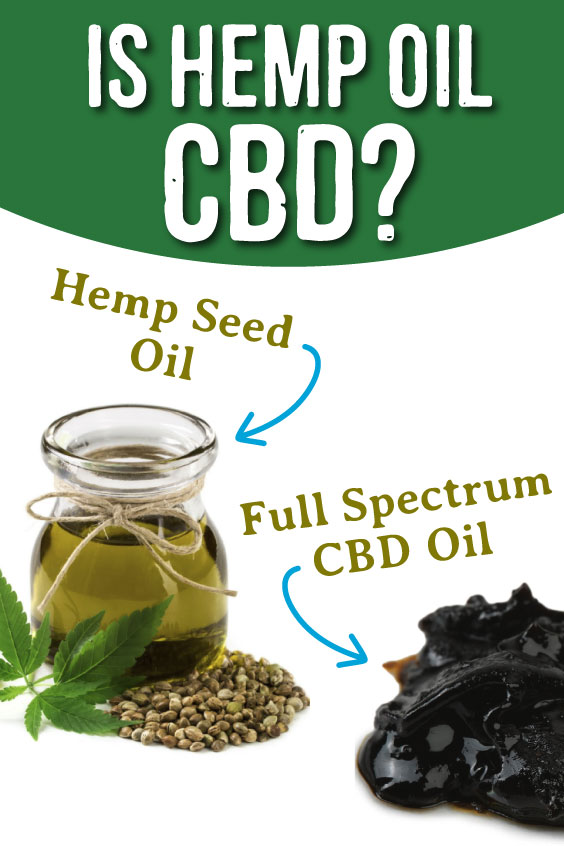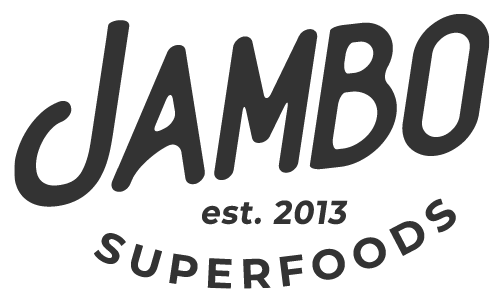Is Hemp Oil CBD?

Hemp Oil vs. CBD: What is the difference?
In this article we are going to explain the difference between Hemp Oil and CBD (Cannabidiol). Both oils can be healthful, but consumers can often be confused about what they are buying.
The long story short, hemp oil is not the same thing as CBD but the term “Hemp Oil” does not mean what it once did… let us explain.
The term ‘hemp oil’ used to only refer to the cooking oil extracted from seeds of the hemp plant. This oil can range from dark yellow to deep green and is always liquid at room temperature. It is a lipid containing 76% as polyunsaturated fat, including omega-6 fatty acids such as linoleic acid (LA, 54%) and gamma-linolenic acid (GLA, 3%), and omega-3 fatty acids such as alpha-linolenic acid (ALA, 17%) and stearidonic acid (2%). Both LA and ALA are essential fatty acids. In addition, hempseed oil contains 5% to 11% monounsaturated fat and 5% to 7% saturated fat. It has a characteristically ‘grassy’ taste but it is mild. This oil does NOT contain CBD ( Cannabidiol ) or any other cannabinoids. In recent times people have started to refer to this oil as ‘Hemp Seed Oil’ and we are starting to see suppliers and retailers following suit.
Why are we starting to see CBD called ‘Hemp Oil’?
CBD is an extremely thick viscous oil extracted from the leaves and stalks of the hemp plant and so could rightfully be called “hemp oil”. In its ‘full spectrum’ ‘raw’ form it is nearly solid or paste like in texture. It is a deep green to near black color. Consisting mainly of omega 3 & 6 fatty acids and cannabinoids with some plant wax, terpenes and protein this thick medicinal paste is unpalatable in it’s raw form. It will stick to the teeth and roof of the mouth, leaving an unpleasant peppery-green-hay flavor and will stick to and stain the skin, clothes or anything else it touches. It has to be diluted or encapsulated to be taken orally or comfortably applied topically.
Many people and retailers are still shy about the stigma around CBD and because of this have started to call CBD oil simply, Hemp Oil. Although using the term ‘hemp oil’ to refer to CBD creates confusion for customers, it seems that more and more stores and brands are switching to this name. A need to differentiate the two hemp product has arisen and at the moment; hemp seed oil for the cooking oil but hemp oil for the CBD product seems to be the trend.
Note: Not every brand uses the same name for the oil. We are in a time of change in the industry and it has yet to be shown which name for CBD oil will win out, so what should you the consumer do?
How to identify Hemp Seed Oil from Hemp Oil & CBD
While the names can be confusing it can be easy to tell the difference between the two products.
1. Mainly look for a milligram content of CBD (Cannabidiol) on the information panel of the product. If there are no milligrams of CBD (Cannabidiol) listed it is not a CBD product. This is always the case, if the milligrams are not listed the product is either hemp seed oil or it is from an unreputable company.
2. Secondly, if you are shopping online it is essential that the company provides 3rd party lab testing from a reputable laboratory. This test should show you exactly how many milligrams of Cannabidiol is in the test sample. Do not let shameless companies try to pass the term “total cannabinoids” off as CBD content. The hemp plant has hundreds of cannabinoids in it, most of which are NOT CBD. The Lab tests can be confusing to read but look for the term CBD or Cannabidiol. You should be able to download a copy of the original lab test with the logo and website of the lab on the results paper. This is essential. See a copy of a Jambo lab test here for an example.
3. Thirdly, read the ingredients panel, often times CBD oil will be listed as Cannabis Ruderalis whereas hemp seed oil is listed as Cannabis Sativa. Though this is not always the case.
4. Lastly, look for any sort of legal statement on the package such as “non-psychoactive” or “THC levels below .3%” This indicates the presence of CBD oil. At the time of writing this blog, most product should have some sort of legal statement like this.
CBD has become a very in demand product since we started selling it in 2014 and in that time we have seen many fraudulent and poor quality products on the market. There has been a lot of confusion about CBD and hemp products in general. As we wait for this current market trend to figure itself out, we hope this guide has empowered you to be able to discern between “culinary” hemp seed oil, and Medicinal CBD Hemp Oil.
We aim to clarify and provide excellent products to our customers, all of our lab tests are published on our blog and our ingredients are on our website and labels. Jambo has been making cannabis & hemp products since 2013 and we are happy to help answer any questions you may have, chat with us or email our support team here.


I liked that you explained that hemp oil is not the same thing as CBD. It is good to know that they have different things. It does seem like you would want to get an expert to help you find a good product that will do the thing you need it to. I have anxiety so I have been considering getting some CBD products to help with dealing with the anxiety.
Thanks https://jambocbd.com/is-hemp-oil-cbd/ , I like this hemp oil
Thanks, Admin for publishing this article and bringing difference b/w Hemp Oil and CBD Oil into a discussion. I truly appreciate your efforts in going into roots and elaborating everything from origin to benefits. I would for sure implement these tips practically.